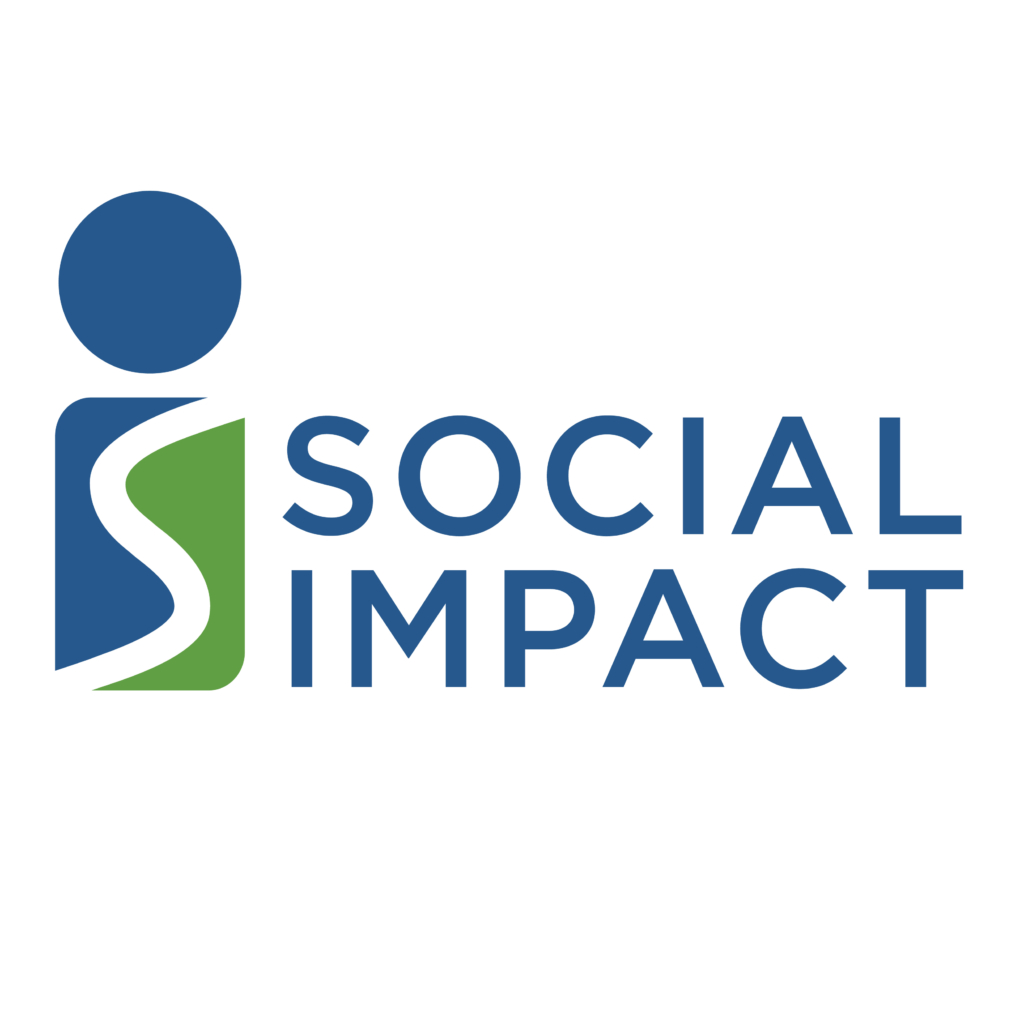It’s been almost a month since the AEA 2018 Evaluation Conference – and what’s the buzz around Social Impact after the event? Aside from a memorable Halloween in Cleveland, here are four takeaways as we reflect back and start to plan for the year ahead.
Developmental Evaluation continues to gain traction in the field. As funders and practitioners realize the value in continuous feedback and real time support for decision-making, examples of developmental evaluation continue grow. It was quite evident with the two professional workshops and a half dozen sessions on DE this year (including for example: Designing a Developmental Evaluation, Developmental Evaluation as Strategies Age and Focus on Emergence Changes, Developmental Evaluation Guides Oral PrEP HIV Prevention Project in Kenya.) Despite the expense we are seeing more DE in both the international space and the domestic (US space). Evaluators are continuing to refine, recognize, and share best practices in DE.
Machine learning and artificial intelligence are the next areas of growth. While “Big Data” appears to have been a stepping stone from mobile data collection to ever increasing availability and velocity and volumes of data, the next area for evaluators and development practitioners to think about is machine learning and artificial intelligence. Taking advantage of all the primary data we have collected and unlocking its potential through natural language processing and automated coding and classification systems should make the accuracy of our findings more precise and much easier to determine. Translators between the social sciences and computer sciences are going to be in high demand.
Approaches to learning and adaptive management and the role that MEL can play are key to organizational and project level success. Many presentations outlined approaches to facilitate learning within and across organizations, novel ways to ensure that evaluation findings, conclusions and recommendations are used. But increasingly, evaluators are also looking for ways to ensure that learning is used to support positive adaptation.
Finally – “Speaking Truth to Power” was an important theme for our times. It has always been difficult for the evaluator to give bad news or tell those in power why a project is or is not working. There were multiple useful sessions that provided guidance and examples to draw on in our practice. The key message was that we need to continue to speak up and share our evidence, even when it is uncomfortable.
Congratulations to the TIGs and AEA Board and Executive Director for a useful conference that helped us all to improve our practice and we look forward to AEA in 2019!








